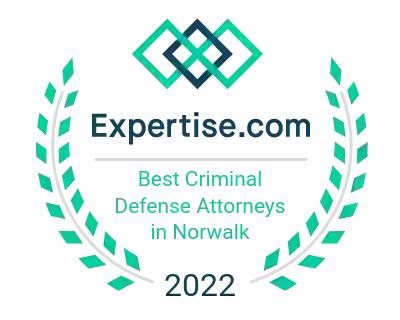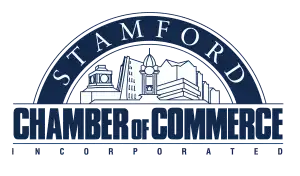UConn Protective Order Lawyer
Because of how harshly courts punish violations of protective orders, it can be crucial to retain a defense attorney when going through these proceedings. A knowledgeable UConn protective order lawyer would pursue a fair resolution to your case and ensure that you do not violate any terms of the order imposed against you.
What are the State Laws Governing the Issuance of Protective Orders?
Pursuant to Connecticut General Statutes (C.G.S.) §46b-38c, courts have the authority to issue protective orders at their discretion to protect one or more parties from further unlawful restraint, threats, harassment, or assault by a person accused of committing a domestic violence offense against them. Courts often issue temporary protective orders while such cases are ongoing and may extend those orders in the event of a conviction under C.G.S. §53a-40e.
There are three types of protective orders that a Connecticut court may issue on behalf of or against someone. The least restrictive is a partial or limited order, which generally only orders the defendant to cease any further intimidating or threatening behavior toward the protected party. A full order, on the other hand, forbids the defendant from entering the protected party’s residence or place of employment for any reason.
Finally, a full no-contact protective order prohibits all forms of contact between the defendant and the protected party under any and all circumstances, including through text message or email. A UConn attorney could explain the different elements of these protective order and advocate on a defendant’s behalf for fair terms.
What are the Possible Consequences for Protective Order Violations?
C.G.S. §53a-223 makes it a criminal offense to violate the terms of a protective order, intentionally or otherwise. Minor violations are considered class D felony offenses, which are punishable by a maximum five-year prison sentence and $5,000 fine. Therefore, even inadvertent breaches could still result in felony-level consequences regardless of the original offense that resulted in the protective order.
Additionally, the defendant may face a class C felony if the violation involves restricting the protected party’s movement or liberty in any way or if it involves threatening, harassing, assaulting, or molesting the protected party. This offense can result in a mandatory minimum of one year in prison, a maximum sentence of ten years, and a maximum $10,000 fine. Support from a seasoned lawyer can be especially crucial for individuals at UConn accused of violating the requirements of a protective order.
Discuss Your Legal Options with a UConn Protective Order Attorney
If you want to contest the imposition of a protective order against you, you must do so before the order is in place. Once a court formally issues a protective order, it immediately becomes legally enforceable, and violations of any kind become punishable with extremely harsh criminal sanctions.
A UConn protective order lawyer from Mark Sherman Law could help you preserve your future prospects and interests at every stage of these hearings. To learn more, click here to read our over 300 certified client reviews on Avvo.com and call us today for a consultation.












